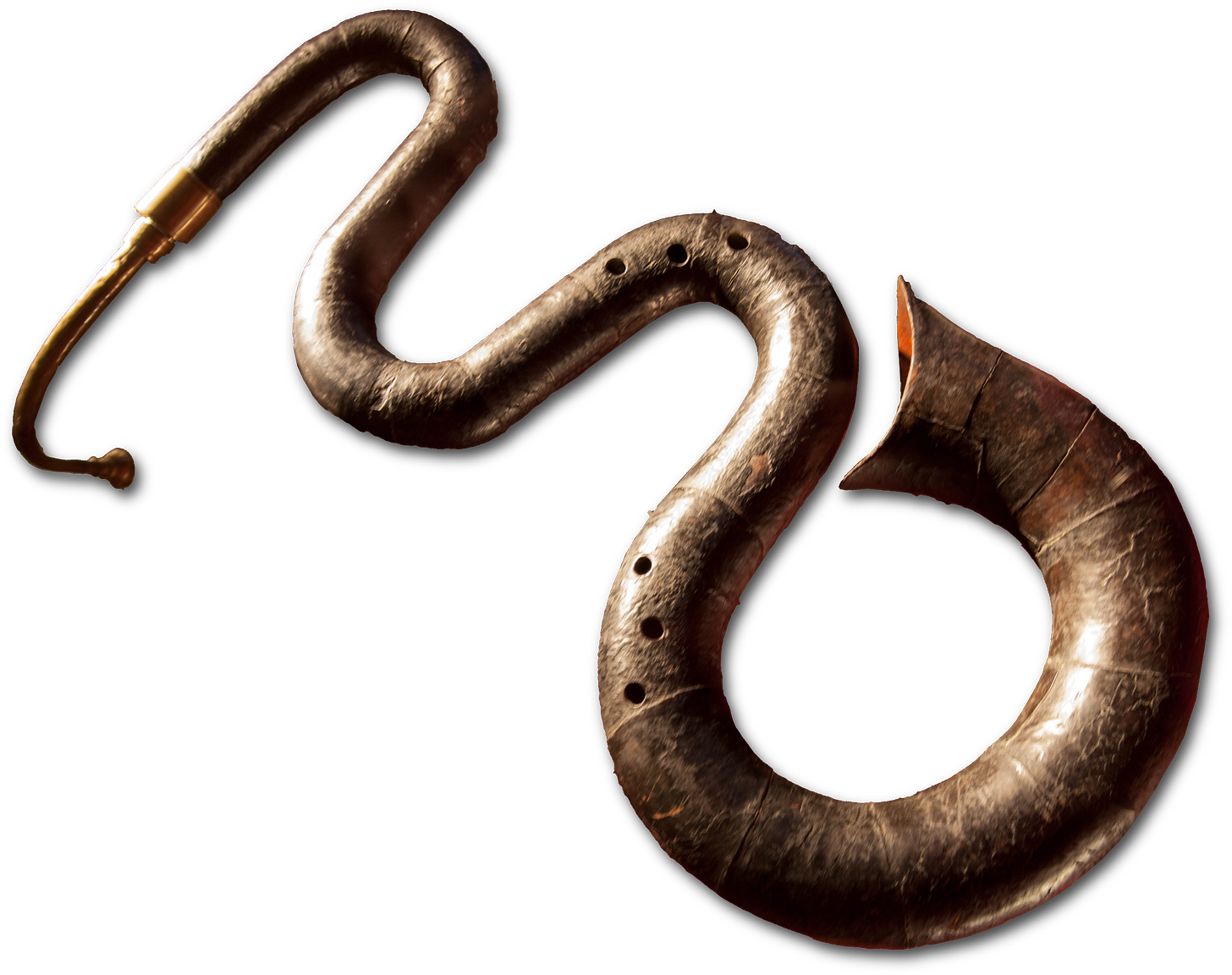What often makes an artist stand out is their willingness to step outside of their own style and explore others. The juncture of East and West is particularly interesting, especially given the vast differences in musical systems. Alim Qasimov has collaborated with seemingly everyone—from Jeff Buckley to the Kronos Quartet—and has wandered far from the comfort of his own traditional style. “Trace of Grace“ is no different, drawing influence from European Renaissance and traditional Islamic Azerbaijani music. It’s certainly a potent mix.
Background
Mugham is a type of classical music from Azerbaijan dating back to the 12th century. It revolves around a number of different musical modes that can be used as the foundation of improvisation. In Western music, modes are certain scales that are often associated with different moods. However, in mugham, modes are also associated with characteristic melodies and melodic fragments that are often sung. This means that each mode is heavily associated with certain vivid emotions.
Alim Qasimov is one of the foremost performers of mugham and other Islamic and Azeri music in the world today. He lived under Soviet rule as a child and, though from a poor background, he managed to study music at the state music school in Baku. Mugham was disregarded as nothing more than a curiosity by the Soviets, and it was only as their influence declined in the 1980s that his incredible skill as a vocalist earned him some recognition. He has not only kept the tradition of mugham alive, but has revived and adapted it to be relevant to contemporary Azeri, and global, society.
“A Trace of Grace“ was originally written by French classical and jazz musician Michel Godard for his album of the same name. It’s an early-baroque-inspired piece that heavily leans on improvisation and a Monteverdi-inspired ostinato. This makes it perfect for a collaboration with Qasimov. The lyrics are derived from Azeri poetry, with Qasimov’s own improvisations on top.
What it means to me
In this increasingly homogenous world of ours, the Western classical style of harmony has pervaded nearly every musical style. Traditional music such as mugham is always at risk of being erased by the march of globalisation, and the efforts of artists like Qasimov—who reintegrate their traditions into the modern day and keep the spirit of ancient music alive—can not be overstated in their importance.
The richness and variation in music out there in the world is incalculable, and I wish that I could live long enough to experience all of it. It’s my hope that you listen to as much music as possible, from as many different places, people, and times. It’s cliché, but music is not only a global language, but a global experience, and it’s intertwined in the lives of every person on this planet.
What to listen for
Godard plays an early wind instrument called the serpent. It was developed in the Renaissance and, as the name suggests, has multiple curves in the shape of a snake. It was eventually superseded by the tuba, but it maintains a wholly unique sound, somewhere between a bassoon and a euphonium.
Suggested listening activity
Drape yourself over a piece of furniture and look contemplative.





